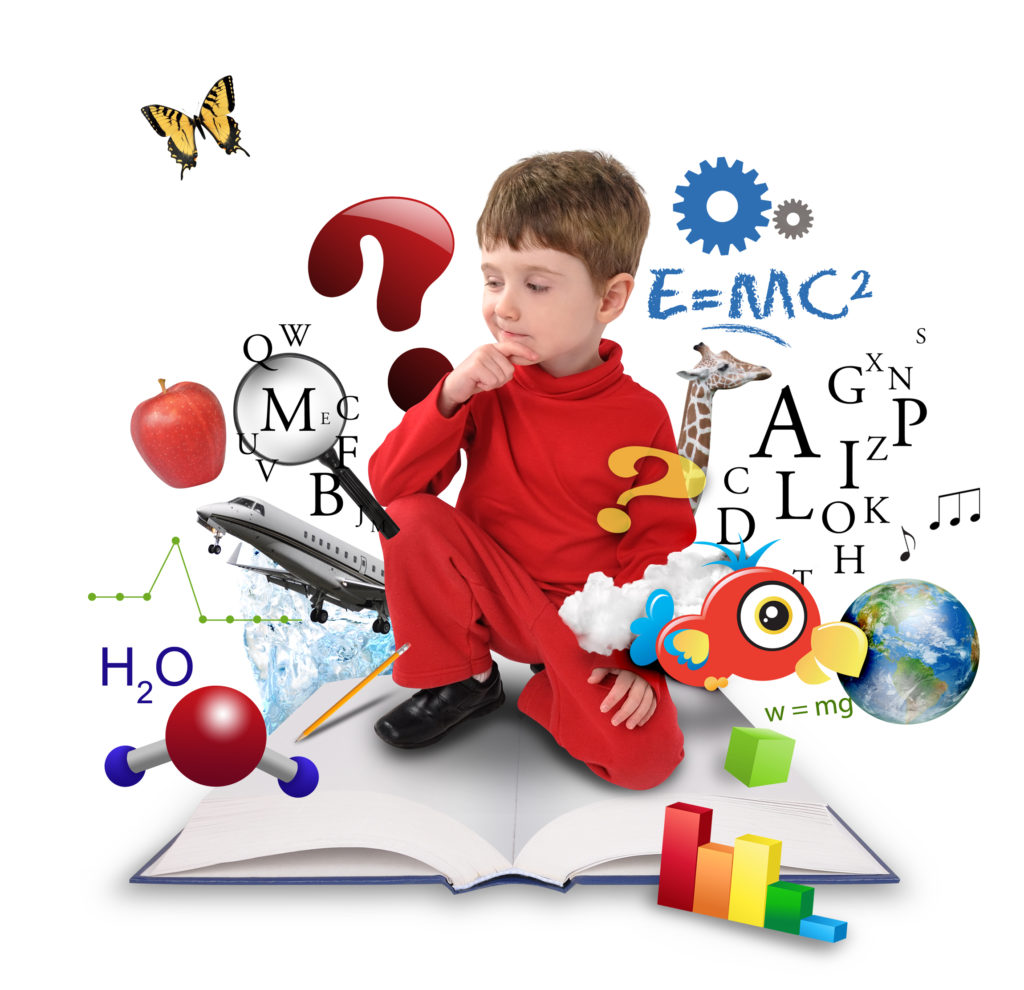Even with many years, technologies are still a warm button issue. Some educators and students love and make use of technology flawlessly every single day, while some hate it and don’t realise why they should be expected to use it in any respect.

In addition, complicating any discussion in the role of technology in schools could be the perceived inequality gap between rich and poor school districts. Some schools have endless resources for new technology (think iPads and 3D printers), while other schools need to use what wealthier schools might disregard as old.
On one hand, supporters of technology state that technology from the classroom encourages independent learning, teaches real-world life skills (e.g. crafting emails, online etiquette), inspires creativity, and helps students experiment in disciplines like science by using more using new tools.
Alternatively, critics of technology from the classroom state that it leads to distraction (in particular when students are checking Facebook instead of paying attention), fosters poor studying and research habits (e.g. just searching Google as opposed to really researching a subject matter using library resources), and will cause problems like cyber bullying or the invasion of privacy.
What’s clear is always that there are specific trade-offs involved with technology. Educators shouldn’t view technology being a panacea which will magically teach students the way to read every time they gain access to an iPad. And students shouldn’t view tablets, phones, and 3D printers simply as toys to avoid the real work of studying.
That’s why the true secret determine any discussion about technology from the classroom (and out from the classroom) could be the teacher. If the Teaching job in USA really wants to supplement an in-class lessons with internet resources, he has to be without doubt all students have equal usage of those resources. Some students may live in a home with usage of multiple computers and tablets, while some might live in a home its keep is not any usage of fractional treatments.
The purpose of technology ought to be to make learning quicker and easier for all students. Which can often mean challenging many assumptions about how exactly students learn best. For instance, one trend within the U.S. educational system is “flipping the classroom,” where online learning plays a vital role. Unlike the traditional classroom, where lectures come about during the school days and homework gets done in the evening, a “flipped classroom” ensures that students use teachers on homework during the school day and then watch movie lectures in the evening.
And there’s an additional ingredient that needs to be taken into consideration, and that’s the ability for technology to arrange students for the whole world of the longer term. That’s the reasons U.S. educators are now focusing on information technology and coding – they have even described coding/programming being a new fundamental skill from the digital economy, right beside literacy. In this case, of course, it can be computer literacy that matters.
Whether it’s online education, iPads, gaming or BYOD, technology can play a vital role down the road progression of education. It’s very important to any teacher to be aware of the different issues playing anytime they introduce technology in the lesson plan along with the overall classroom experience.
Check out about Teaching job in USA you can check this useful net page: here
